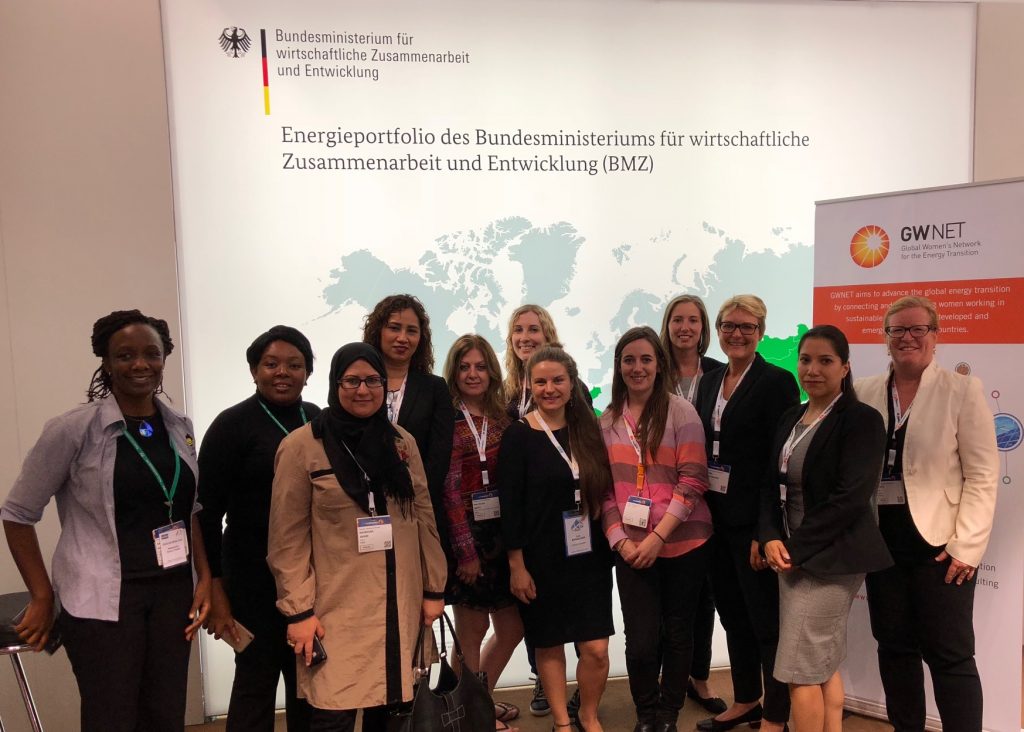“Reducing gender inequality makes economic sense apart from being the right thing to do,” concludes a World Bank report from May 2018. While a plethora of reports show that reducing gender inequality makes economic sense, men continue to dominate the energy sector.
According to REN21’s recently published 2018 Renewables Global Status report, in 2017 renewable energy accounted for 70% of net additions to global power generation capacity; investment in new renewable power capacity was roughly three times that in new fossil fuel capacity; and with 40,000 photovoltaic (PV) panels installed every hour globally, more solar PV is now installed than the net capacity additions of fossil fuels and nuclear power combined.
However, the progress made so far is not enough to bring us even close to reach the objectives of the Paris climate agreement to hold the global average temperature rise well below 2°C, not to mention a much safer limit of 1.5°C. Energy-related CO2 emissions rose for the first time in four years in 2017. The rapid renewables uptake in the power sector shows that the energy transition with renewables and energy efficiency is possible, but we need to do more in the fields of heating and cooling as well as transport and we need to better integrate planning policies and regulatory frameworks.
While we can‘t predict the future we do need to debate the opportunities and challenges of a 100% renewable energy future. We need to understand how system integration can shift thinking from the traditional perspective of baseload power to one where optimal integration of variable renewable energy provides on-demand, reliable, affordable electricity and brings added-value to grid infrastructure. And we need to rely on all talents available, from both men and women!
Read my latest opinion piece in the Foresight magazine why I think that m0re gender equality would help to accelerate the energy transition!

